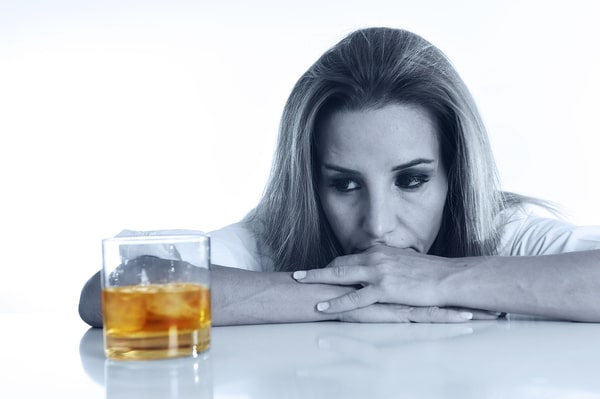From a tactical standpoint, it is always a good idea to know the enemy before engaging in battle. If you are gearing up to fight a battle against addiction, the same truth applies. Understanding what addiction is and where it comes from will help you successfully defeat the power it has over your life.

Are you in the grip of an addiction? Harris House can help.
Defining Addiction
Is addiction physical or mental? The answer is that addiction can be both. While many people think of addiction as being all about substance abuse, the truth is that addiction comes in a variety of shapes and sizes. Addicts range from the crack addict on the street corner to the CEO who can’t seem to stop watching porn.
Psychology Today defines addiction as
“a condition that results when a person ingests a substance or engages in an activity that can be pleasurable but the continued use/act of which becomes compulsive and interferes with ordinary life responsibilities, such as work, relationships, or health. Users may not be aware that their behavior is out of control and causing problems for themselves and others.”
The American Society of Addiction Medicine emphasizes that addiction is a disease, stating:
“Addiction is a primary, chronic disease of brain reward, motivation, memory and related circuitry. Dysfunction in these circuits leads to characteristic biological, psychological, social and spiritual manifestations. This is reflected in an individual pathologically pursuing reward and/or relief by substance use and other behaviors.”
Addiction Treatment Starts with Identifying Addictive Behaviors
The treachery of addiction is that it is often very hard for addicts to identify addictive behaviors in themselves. The American Psychiatric Association uses a manual called the DSM-5, which contains a set of guidelines for diagnosing a substance use disorder. Here, then, is a defined list of criteria that would indicate the presence of an addiction:
- Taking the substance in larger amounts or for longer than you meant to
- Wanting to cut down or stop using the substance but not managing to
- Spending a lot of time getting, using, or recovering from use of the substance
- Cravings and urges to use the substance or engage in the activity
- Not managing to do what you should at work, home, or school, because of substance use
- Continuing to use, even when it causes problems in relationships
- Giving up important social, occupational, or recreational activities because of substance use
- Using substances again and again, even when it puts you in danger
- Continuing to use, even when you know you have a physical or psychological problem that could have been caused or made worse by the substance
- Needing more of the substance to get the effect you want (also known as tolerance)
- Development of withdrawal symptoms, which can be relieved by taking more of the substance
It is important to note that an addict does not have to exhibit all of these signs to confirm a diagnosis of addiction. Generally, if three or more of these behaviors are present in your life, you may have a significant addiction to a substance or behavior that will harm you.

You can break free from addiction with the right tools.
Finding Help through a Rehab Center
If you can identify addictive behaviors, you can stop them. The good news is that you do not have to do it alone. Harris House is here to help you on your way to addiction recovery. For over 50 years, Harris House has helped people in the St. Louis area recover from drug and alcohol addiction. We empower our clients to take control of their treatment and recovery process with highly individualized plans that treat the whole person-mind, body, and spirit.
We’re Here to Help
Contact us today to discuss how we can help.







